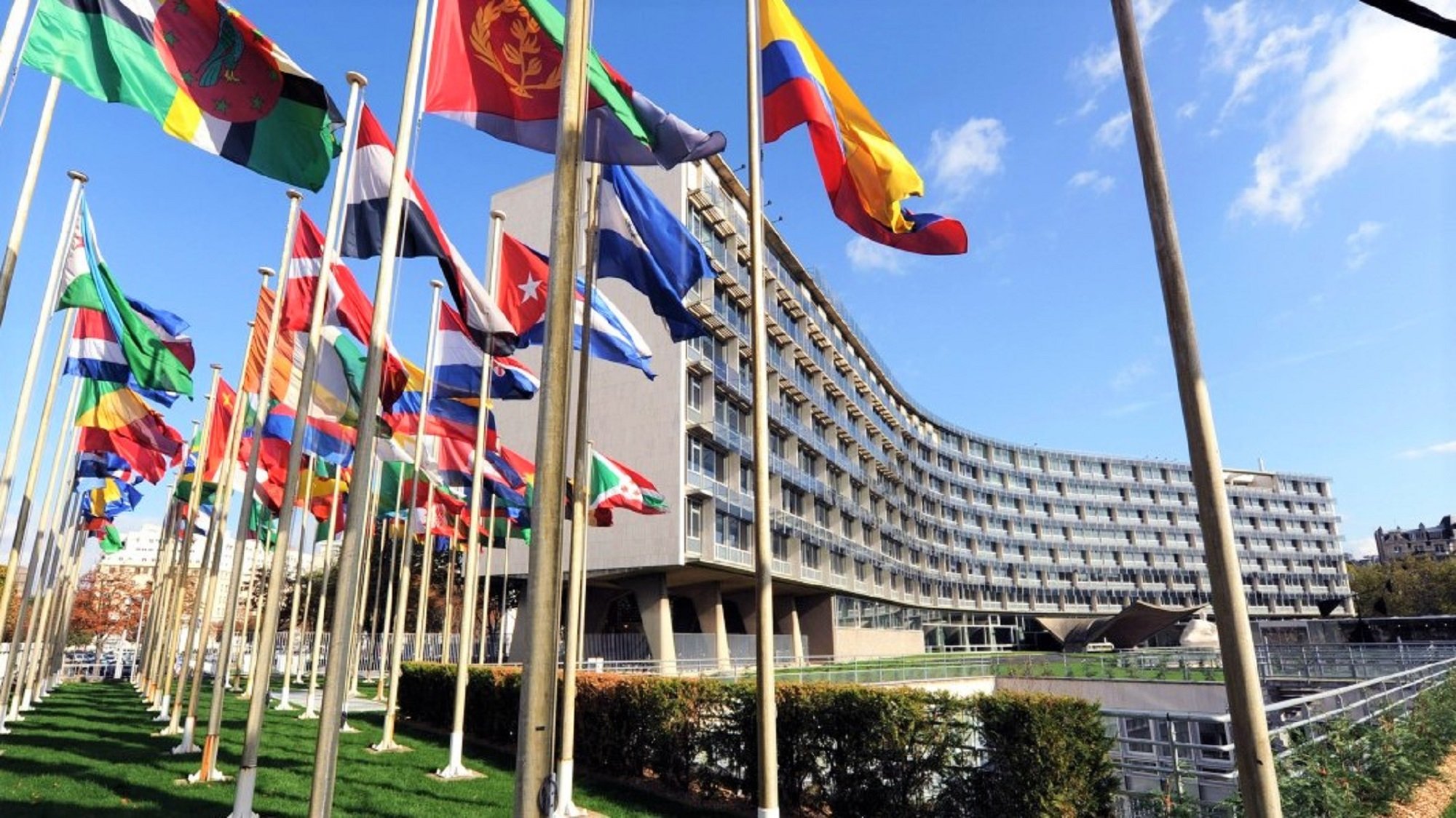From this Wednesday, Catalonia has become a full member of the International Science Council (ISC) thanks to the incorporation of SciTech DiploHub, the Catalan research ecosystem which will allow Catalan science to have a voice and vote in the so-called United Nations of science.
It is a step whose significance should not be underestimated, since the ISC is an international organization that integrates 180 national scientific councils and international scientific bodies, such as the International Mathematical Union, the International Geographical Union, the International Astronomical Union and the Scientific Committee for Research in Antarctica, where until now, the only representative of Spain was the Spanish National Research Council (CSIC).
The incorporation of the SciTech DiploHub will allow, from today, research centres and universities of Catalonia to participate in the various advisory groups and working tables of the ISC together with the main scientific organizations and international organizations.
Examples of this possible participation in the activities of the ISC are that the Catalan Institutions will be able to take part in the Intergovernmental Panel on Climate Change (IPCC) and the climate negotiations of the United Nations, in the program Science in Exile in support of refugee researchers and in the drafting of the main regulations in the United Nations on ethics for artificial intelligence.
Barcelona, scientific hub
After joining the ISC, the executive director of SciTech DiploHub, Alexis Roig, has assured that the entry consolidates Barcelona internationally as a scientific hub. He also recalled that already in 2018, when "we made Barcelona the first city in the world with a scientific diplomacy", it was with this intention, to achieve significant milestones.
In this regard, Roig considers that this new collaboration strengthens and connects "scientific and technological assets in Catalan universities, startups and research centres" with high levels of political decision-making, diplomatic action and international cooperation.
The president of the ISC, Daya Reddi, added that "the pandemic has revealed new forms of scientific cooperation, based on networking, integrity, solidarity, transparency and open science. As the leading multilateral scientific organization, we are delighted to work together with Barcelona and SciTech DiploHub to advance the application of scientific knowledge as a global public good "
Ratification, on October 11th
The Catalan entry into the International Science Council will be ratified at the General Assembly of this international body on 11th October in Paris and will also be formally presented at the UN-Habitat Innovation Forum on 13th October by Alexis Roig, Barcelona's third deputy mayor, Laia Bonet, the president of the Barcelona Chamber of Deputies, Mònica Roca, and the UOC's vice-chancellor for Globalization and Cooperation, Pastora Martínez.
This recognition of Barcelona's scientific diplomacy follows other recent milestones such as when the OECD's Public Innovation Observatory (OPSI) recently highlighted the SciTech DiploHub as an international best practice. Barcelona has also recently been recognized as a member of the UN Sustainable Development Solutions Network (SDSN), the network of Cities for Global Health and the Planetary Health Alliance.
Main image: ISC Headquarters in Paris - ISC

